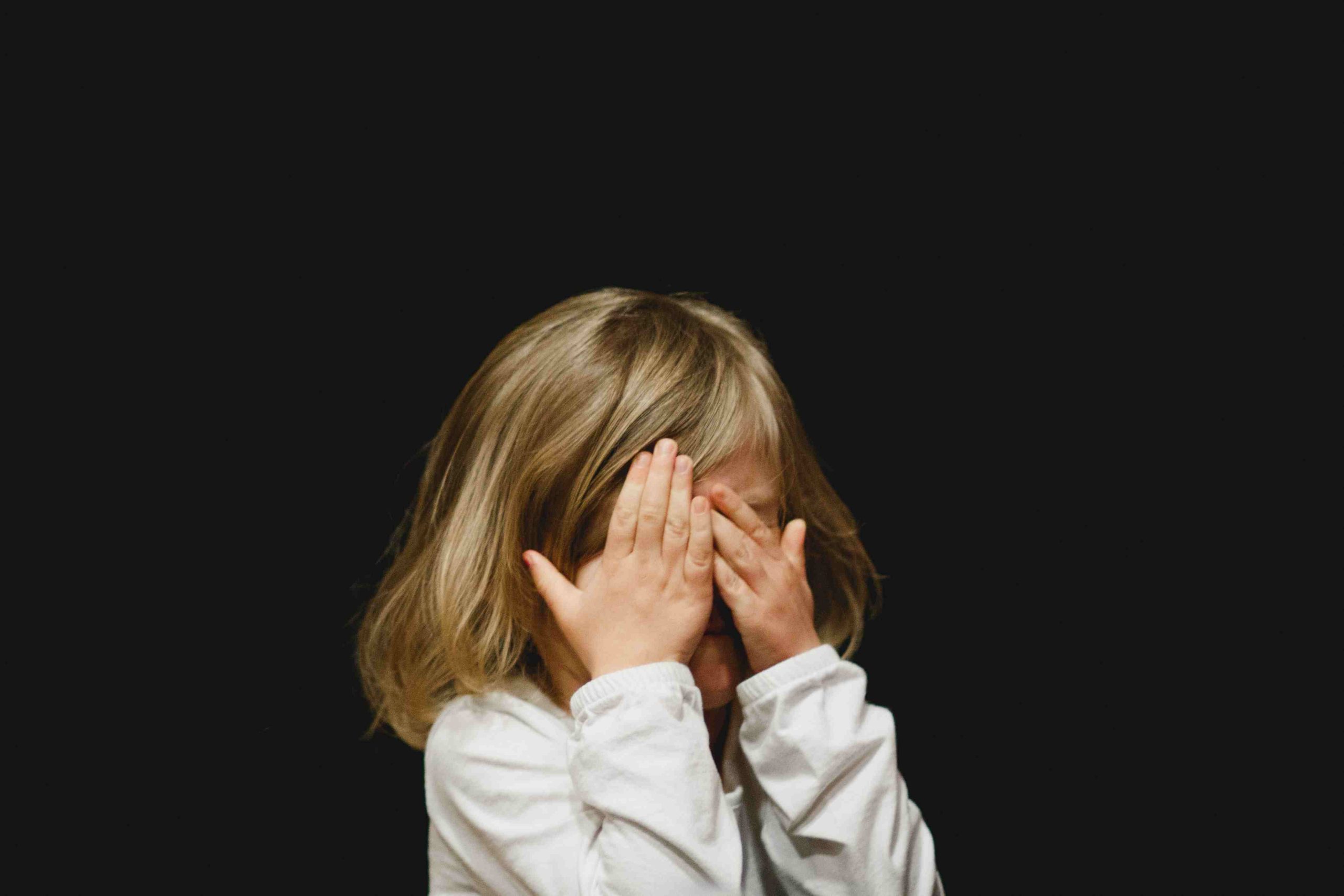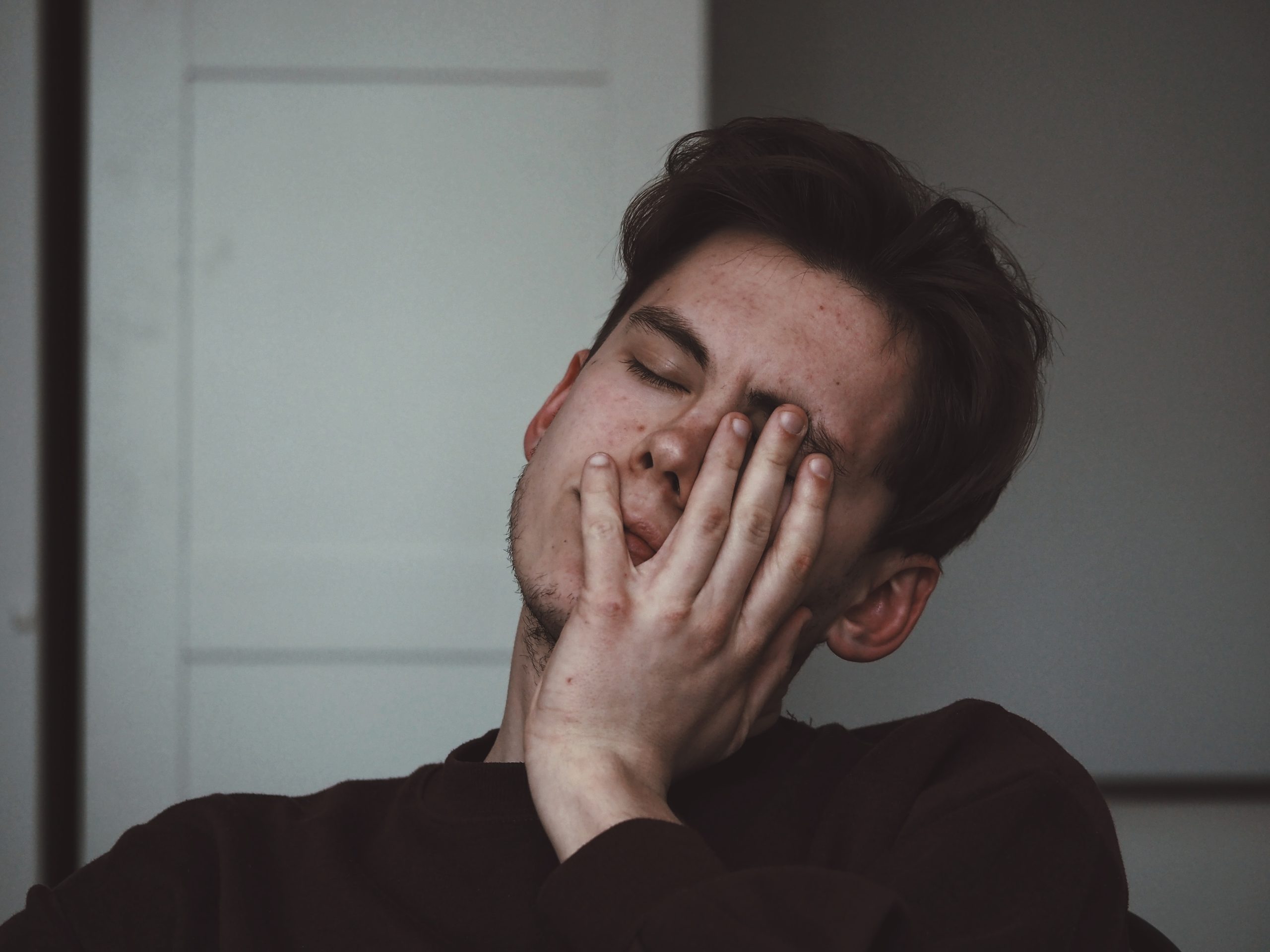8 Types of Loneliness and How to Navigate Them
Loneliness is an emotional experience characterized often by sadness, desire, longing, and the belief that says, “I am alone in this world.” In many ways, this can be a devastating experience for the heart and mind. Universally, it is true that we were made for connection to ourselves, God, and others. However, despite living in one of the most connected ages where most people are only a phone call or text message away, this is also one of the loneliest and most isolating times. How can this be? If we desperately want to be connected relationally, then why does it sometimes feel so hard to achieve? Loneliness, as an emotional experience, carries nuance. There are different types of loneliness that we can experience throughout our lifetime. Being aware of some of these nuances is a first step in taking action toward being more connected. Today, we will look at eight varieties of loneliness and some ways to practically combat them. Eight Types of Loneliness Emotional Loneliness “I have people around me, but no one truly sees me.” This is a type of loneliness that often leaves you feeling invisible to others, as if when they look in your direction, they see right through you. Along with this type of loneliness comes feelings of deep-rooted bitterness, anger, and resentment at being ignored, overlooked, or unseen. To navigate this type of loneliness, practicing vulnerability will be an essential part of regaining a sense of emotional connection. People who have experienced emotional loneliness often present themselves as independent, capable, and high-achieving. They have gone far in their marriage, career, or relationships by being self-reliant. Unfortunately, when a person is self-reliant for so long, they may forget how to let others in. Additionally, a lot of emotional loneliness comes from consistently being there [...]











